| Sorted by date |
page037from Building Ideasthe Meditations, published in 1637 and 1641, grew out of a similar reforming objective. Though he was, unlike Bacon, more of a “hands-on” researcher, publishing a collection of works on optics, geometry and meteors, it was his writing on philosophical principles that brought him the widest recognition and assured him a place in the history of ideas. The full title of the brief and clear summary of his methods – which he wrote in French instead of Latin as a means to popularize his message – was the “Discourse on the Method of Rightly Conducting the Reason and Seeking Truth in the Sciences”. Like Bacon, he was intent on providing “instruments” for the mind, to assist in its quest for a clear comprehension of the world, uncompromised by tradition and received conventions. This process involved transcending the body and the messy “confusion” of perceptual experience in order to avoid the “illusions” of the realm of the senses and understand the reality behind mere appearance. His method was to start by questioning his assumptions and reconstructing all knowledge from a foundation of certainty:
Thus, as our senses deceive us at times, I was ready to suppose that nothing was at all the way our senses represented them to be … But I soon noticed that while I thus wished to think everything false, it was necessarily true that I who thought so, was something. Since this truth, I think therefore I am, was so firm and assured that all the most extravagant suppositions of the skeptics were unable to shake it, I judged that I could safely accept it as the first principle of the philosophy I was seeking.17 It was this clear separation of the reasoning mind from the uncertainties of the crude, “feeling” body that provided Descartes with his starting point for a whole new system of knowledge. The human being, however, is divided in this system, like a pilot steering a ship, and this results in a mechanical conception of the body which is reduced to the level of an automaton. Although Descartes claimed that only animals were in fact true machines, as they lacked any kind of 17 René Descartes, Discourse on Method, Bobbs-Merrill, New York. 1956, pp 20-21.
|
|
|
Readingroom from Wu Huiping
1/11Go to Page:
 ... ...
... ... ... ...
... ... ... ...
... ... ... ...
... ...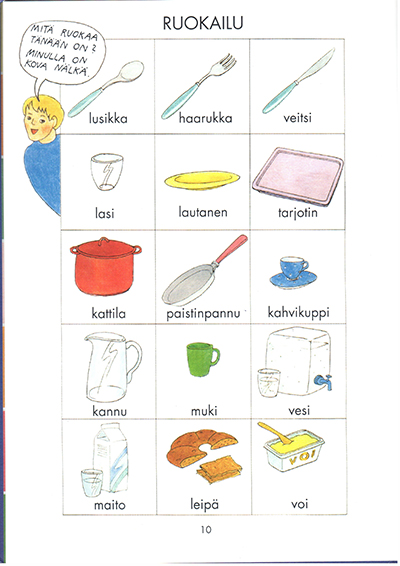 ... ...
... ...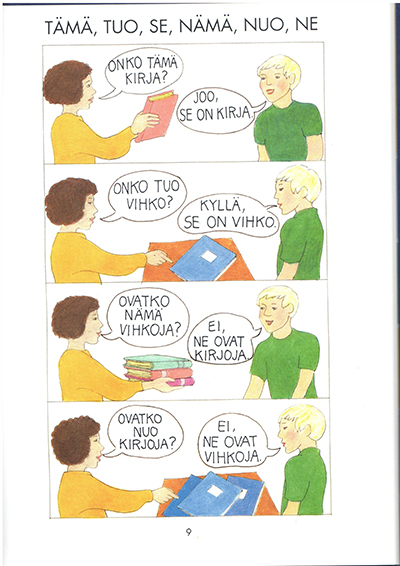 ... ...
... ...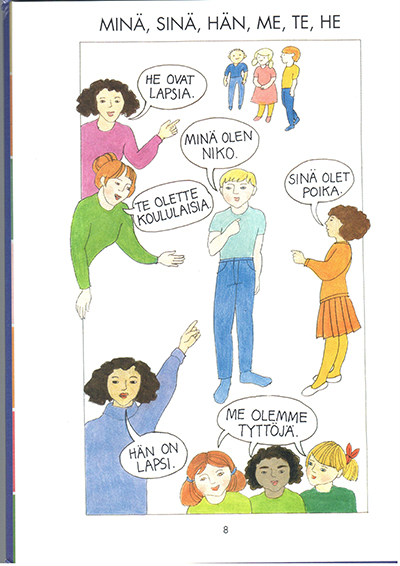 ... ...
... ...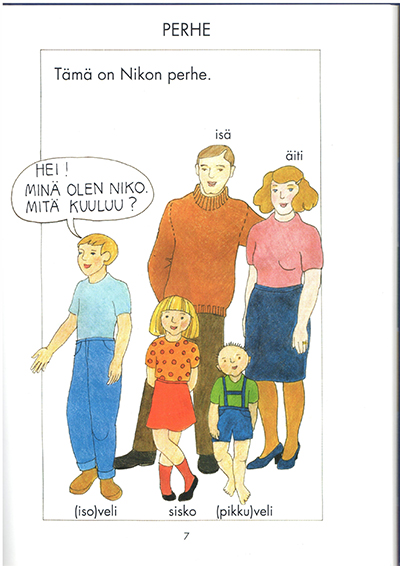 ... ...
... ... ... ...
... ...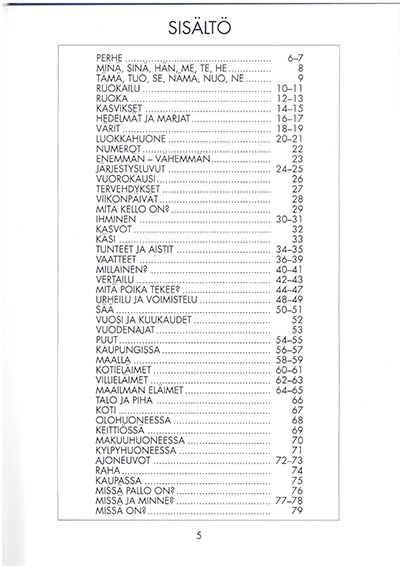 ... ...
... ... ... ...
... ... ... ...
... ...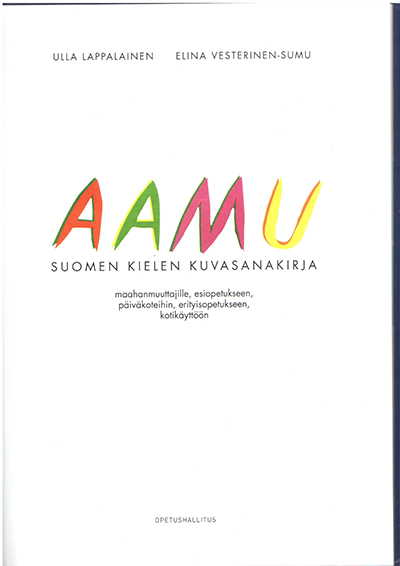 ... ...
... ...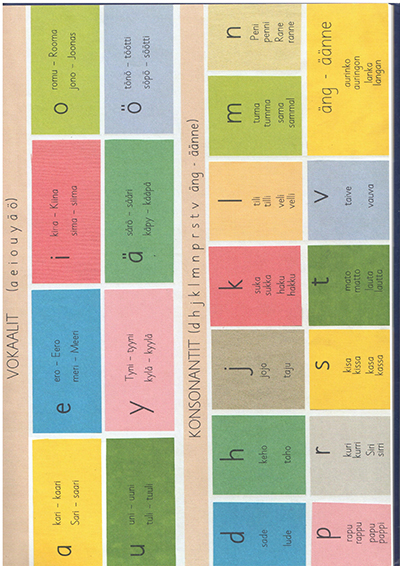 ... ...
... ...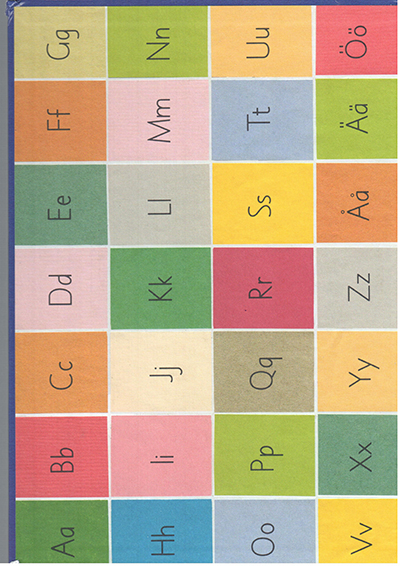 ... ...
... ...